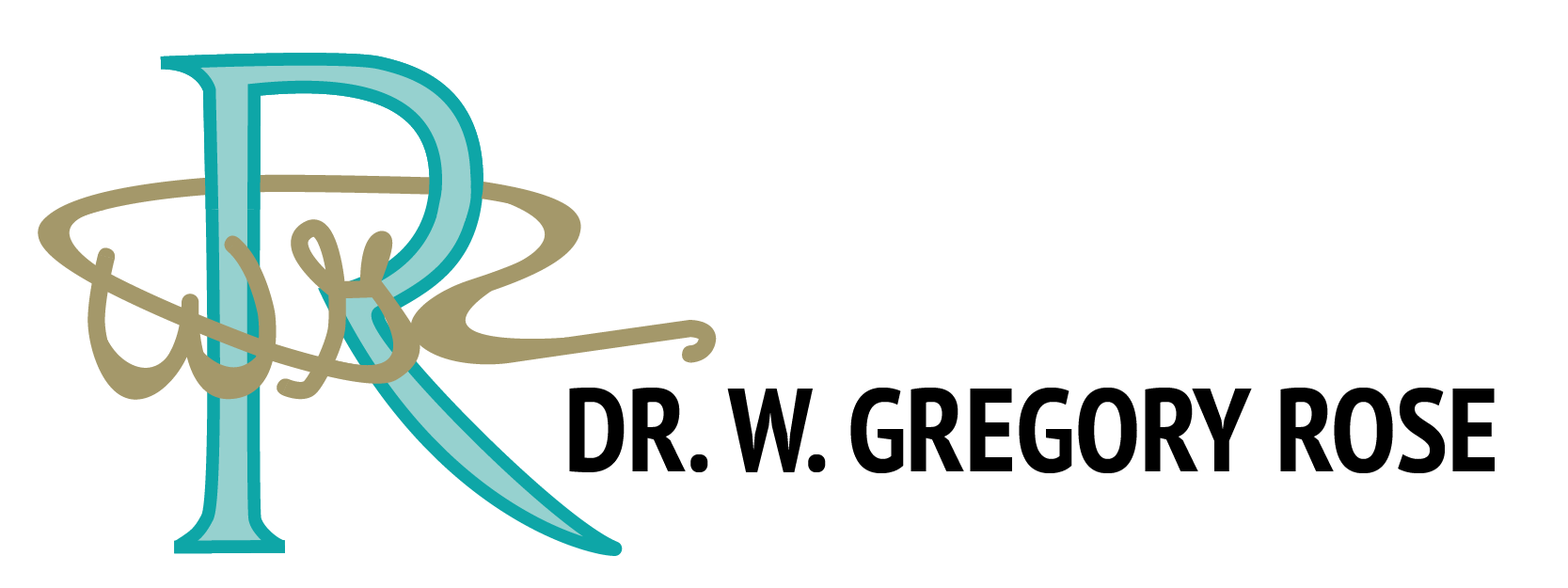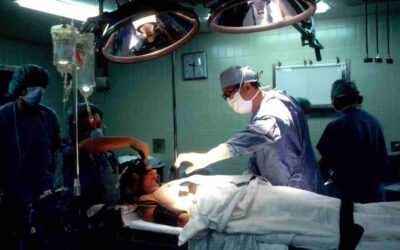Temporomandibular joint disorder, commonly referred to as TMJ, can affect one or both of the lower jaw joints. It can cause pain in your mouth and jaw region, including difficulty chewing and opening your mouth fully. If you have certain symptoms of TMJ, it’s time to see a TMJ specialist in Albuquerque to find out if you have this common but often overlooked condition. Here are five signs that you might have TMJ.
Tense Jaw:
If you have to hold your jaw in an uncomfortable position while talking, chewing or yawning, you might have temporomandibular joint disorder. This condition affects many people and is caused by misalignment of your jawbone. Try wearing a mouth guard at night or avoiding triggers such as stress, caffeine and cigarette smoke. These habits can aggravate your symptoms.
Stiff Neck:
Do you wake up with a stiff neck and shoulder pain? Does it get better after moving around for a few minutes, but then return throughout your day? If so, you might have temporomandibular joint disorder. Although, it’s important to note that in some cases, waking up with a stiff neck can be caused by other conditions as well. See a TMJ specialist in Albuquerque just to be sure.
Grinding Your Teeth:
If you find yourself grinding your teeth or clenching your jaw for no apparent reason, you may be suffering from temporomandibular joint disorder. Your temporomandibular joint connects your lower jaw to your skull and is used for chewing. If it becomes inflamed or gets out of alignment, you’ll have pain and dysfunction in your jaw joints.
Vertigo:
One of the most common symptoms of TMJ, vertigo is characterized by a sense of dizziness. While it can be related to ear problems, vertigo is often associated with jaw issues, especially in those who clench or grind their teeth. If you notice yourself feeling dizzy even when you’re stationary (especially after eating or while chewing gum) this could be a sign that you have TMJ. If symptoms persist and worsen, visit your dentist to discuss about the TMJ treatment in Albuquerque.
Headaches:
Pain on either side of your head is a common symptom of TMJ. The constant grinding and clenching of teeth can cause both jaw pain and headaches. If you’re experiencing headaches, ask your dentist if it could be a result of TMJ or another dental issue. He or she will examine your jaw joints and your mouth for any abnormalities that may be causing your pain.
Although you might experience occasional jaw pain from clenching your teeth or from an injury to your face, TMJ often goes undiagnosed because its symptoms are easy to confuse with those of other disorders. If you think you might have TMJ, consult your TMJ dentist in Albuquerque right away to determine the severity of the problem and discuss possible treatment options.



